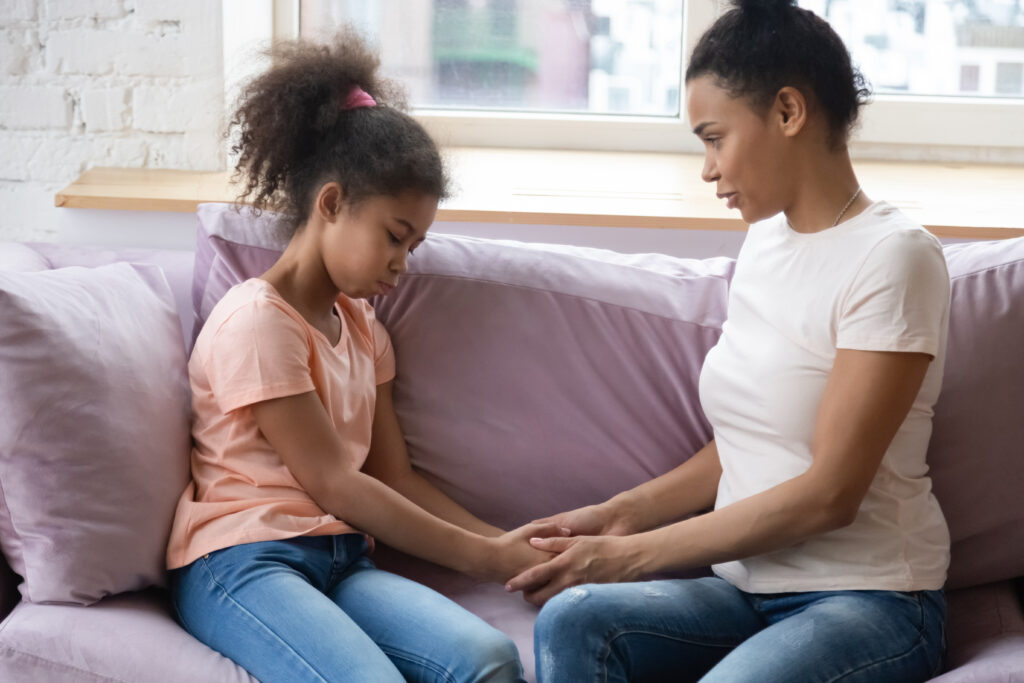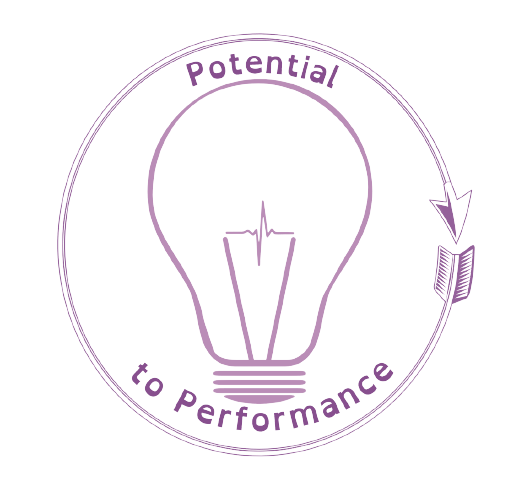How do we rebuild trust and rise from the trauma of a Covid world?
Our brains are wired for connection. Trauma rewires them for protection.
If this topic interests you, make sure you check out our Inspiring Leadership Series on Trauma & Trust

Whether or not you personally impacted in the lockdowns or vaccine mandates in 2021, there has been some element of trauma that you have been exposed to.
Since Covid 19 hit our shores, our normal has shifted and continues to shift leading to uncertainty and trauma responses in our brain and bodies.
For those personally affected, yes, it is stronger. But I wonder if leaders across Aotearoa are aware that for every teacher, there has been a rewiring to protect, rather than connect.
Some people may find it strange that I am writing about rebuilding trust after the 100+ days of lockdown in Auckland in 2021.
How did that damage trust in our schools?
We barely saw our staff, how could it be enough to damage a relationship?
And that’s part of the problem.
“Trust is cultivated through speech, conversation, commitment, and action. Trust is never something ‘already at hand’, it is always a matter of human effort. It can and often must be conscientiously created, not simply taken for granted.” – Solomon & Flores, 2001
If we are heading back into “normal” schooling believing that there is still the relational trust that was present at the beginning of 2020, we are heading into trouble.
We will be expecting our staff to respond a certain way to change.
We will be expecting our staff to trust our word.
Both of these things happen when there is relational trust in a school. But a traumatic event, any traumatic event, wipes clean any previous element of trust and it needs to be rebuilt.
“We tend to notice trust as we notice air, only when it becomes scarce or polluted.” – Baier, 1994
So how do we do that?

Benevolence
Let your teachers know you care about their personal well-being and that you are acting in their best interest.
For schools that have lost teachers due to the vaccine mandates, this is particularly important. You will have teachers that, while 100% agreeing with the mandates, will be looking at their leaders differently.
The trauma of seeing good colleagues lose their employment over what they will or will not do to their body will undermine their belief that you are there to support them.
Yes, it feels strange that they would feel this even if they agree with it.
Remember, that trauma rewires for protection. Their brain will be saying, “well I agree with it this time but what if there is something else that we are being made to do that I don’t agree with?”
Sometimes leaders accidentally undermine benevolence through their actions (“Please take care of yourself this long weekend and spend time with your whānau. Also don’t forget your reports are due on Tuesday.”) So examine the decisions you are making… are you doing what you have always done out of habit? Or are you making an adjustment based on the new normal and what your teachers are dealing with?
Honesty
Honesty sometimes has movable lines when we are looking at ourselves. We tell white lies to protect someone’s feelings or because we are uncomfortable about saying what is really happening.
Someone who is honest means that we can rely on their words or their promises. On paper or verbally, we trust their words and decide that they have integrity.
Honest people walk the talk.
If someone says something and does something different then trust is compromised.
A one-off broken promise will not damage trust as long as it comes with an honest, and fast, apology.
If leaders are instilling new PLD and they don’t follow it, then trust is broken.
If they set deadlines but let some teachers off with extensions, then trust is broken.
Authentic behaviour consists of three basic aspects – accountability, avoiding manipulation, and being “real” rather than simply playing a role” – Tschannen-Moran & Hoy, 1998

Openness
‘Openness is a process by which people make themselves vulnerable to others by sharing information, influence and control.‘ – Hanford & Leithwood, 2013
Leaders need to let their teachers know the facts, alternatives, intentions, judgements, and feelings. By doing this, teachers will do the same back to the leaders and it strengthens relational trust across the school.
When information is held back, it leads to teachers spending energy looking for “what is really going on”. It is seen as a manipulative, power play by leaders who are not to be trusted.
Reliability
Trust is heavily impacted on by predictability. When we are rebuilding trust, it is important to make a few promises and keep them.
It is really tempting at this time to promise the world but all this does is overwhelm the leader, resulting in promises not being kept. This has a negative impact on trust.
By keeping it small and simple, leaders are able to follow through even when events change quickly. This builds our teachers’ belief in us and that we will do what is expected on a regular, consistent basis. Our teachers’ precious energy is not being used to come up with a Plan B if we do not follow through.
Competence
This is all about completing tasks as expected and to the appropriate standard. Know your strengths and work with them.
Know your team’s strengths and allow them to use them, even if it means you are stepping back.
Competence is what is most mentioned in regards to what teachers believe contributes to the trust of their leaders (Handford & Leithwood, 2013).
As we head back into 2022 and, whatever that may bring, focus on these five elements to support the rebuilding of relational trust within your school.
Want to learn more? Then join me for our first Inspiring Leadership Module on Trauma and Trust. You can enrol in this here.

